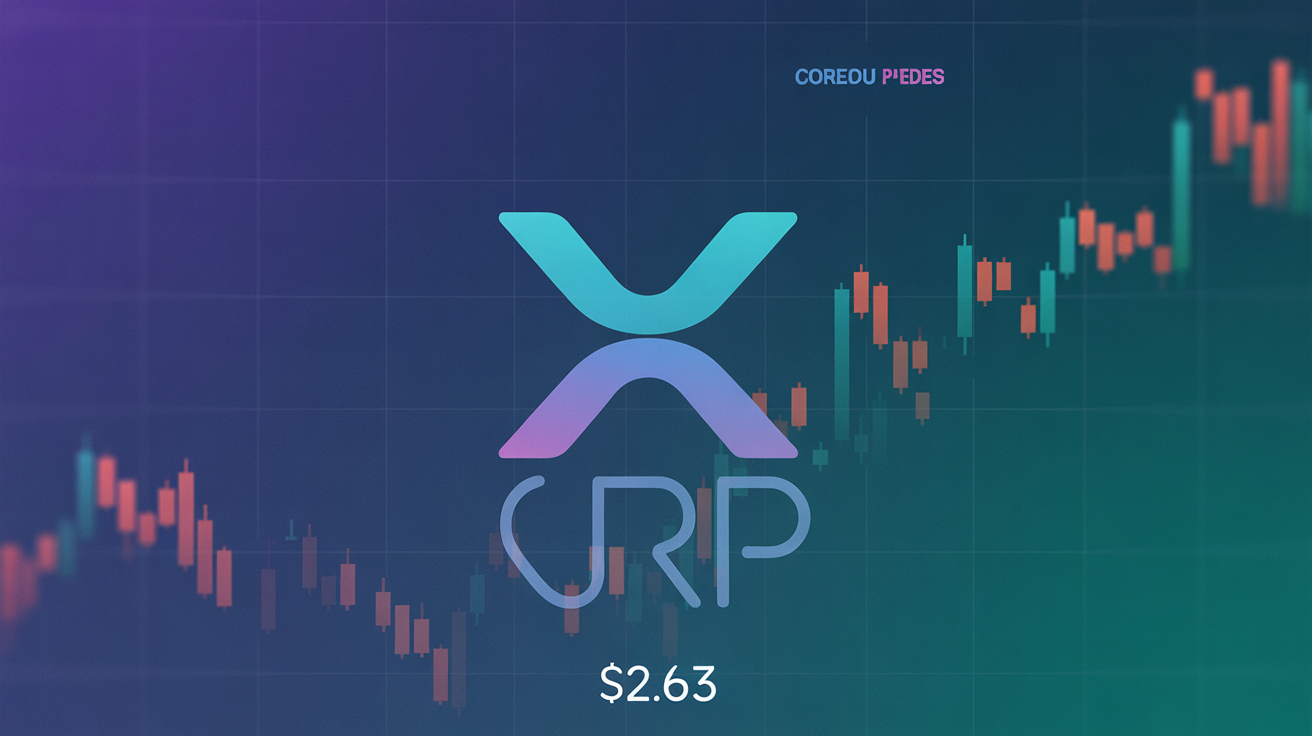
Arthur Hayes Proposes Ethereum Rollback to Recover Bybit Hack Funds, Faces Community Backlash
BitMEX co-founder Arthur Hayes sparked controversy by suggesting a rollback of the Ethereum blockchain to reverse the $1.4 billion hack suffered by crypto exchange Bybit. His proposal, made via social media, was met with strong criticism from the Ethereum community.
Hayes Questions Ethereum’s Immutability
Hayes took to X (formerly Twitter) to address Ethereum co-founder Vitalik Buterin, asking, “@VitalikButerin will you advocate to roll back the chain to help @Bybit_Official?” He justified his stance by referencing Ethereum’s 2016 hard fork after the DAO hack, stating, “My own view as a mega $ETH bag holder is $ETH stopped being money in 2016 after the DAO hack hardfork. If the community wanted to do it again, I would support it because we already voted no on immutability in 2016—why not do it again?”
At the time of writing, Buterin had not publicly responded to Hayes’ inquiry.
Feasibility and Community Response
While some, including Unchained’s Laura Shin, speculated whether Hayes was joking, others debated the technical feasibility of such a rollback. CoinDesk reached out to Hayes for further comment but received no response.
Gautham Santhosh, co-founder of Polynomial.fi, acknowledged the appeal of undoing the hack but pointed out the practical challenges. “I wish we could roll back for the Bybit hack—I’m not against the idea. But the DAO hack was 15% of ETH with a clean recovery path. Today, a rollback would break bridges, stablecoins, L2s, RWAs, and much more. The ETH ecosystem is too interconnected now for a clean solution like 2016.”
The Complexity of a Blockchain Rollback
A blockchain rollback involves reverting the network to a prior state to erase specific transactions, such as those linked to a hack. However, achieving this requires overwhelming consensus among network participants, a difficult task given Ethereum’s decentralized nature.
Ethereum previously underwent a hard fork in 2016 to recover funds stolen in The DAO hack, leading to the network’s split into Ethereum (ETH) and Ethereum Classic (ETC). At the time, the action was described as an “irregular state transition” rather than a rollback, but it nonetheless ignited intense debate over blockchain immutability.
Immutability is considered a foundational security principle of blockchains, ensuring that data cannot be altered once recorded. A similar debate emerged in 2019 when Binance CEO Changpeng Zhao briefly entertained the idea of a Bitcoin rollback following a $40 million hack. The Bitcoin mining community ultimately rejected the proposal, emphasizing decentralization and immutability.
Ethereum developers and security experts argue that a rollback today would be even more complex than in 2016. Unlike then, when stolen funds could be redirected through upgraded software, today’s Ethereum operates through an account-based model akin to traditional banking. Any rollback could disrupt a vast web of DeFi applications, bridges, and Layer 2 solutions.
While no major blockchain has executed a rollback of Ethereum’s scale, a smaller network, Vericoin, previously implemented a similar measure following an attack.
Details of the Bybit Hack
The Bybit hack, first identified on Friday by on-chain investigator ZachXBT, resulted in over $1.4 billion in stolen assets. The attacker swiftly converted mETH and stETH into ETH through decentralized exchanges before dispersing the funds.
Further analysis by ZachXBT linked the hack to North Korea’s notorious Lazarus Group. According to Polynomial.fi, the stolen assets were split into multiple transactions, including 10,000 ETH distributed across 39 different addresses and another 10,000 ETH sent to nine additional addresses.
Bybit CEO Ben Zhou confirmed that the attacker “took control of the specific ETH cold wallet and transferred all the ETH in the cold wallet to this unidentified address.” Despite the loss, Zhou reassured users that Bybit “remains solvent even if the hacked funds are not recovered.”
Conclusion
Hayes’ proposal to roll back Ethereum has ignited fresh debates about the blockchain’s core principles of decentralization and immutability. While a rollback was feasible in 2016, Ethereum’s current complexity makes such a move nearly impossible without severe consequences. As the Bybit hack continues to unfold, the crypto community remains divided on whether security should ever override immutability.
Margaux Nijkerk contributed to the revised story.
Read more: Ether Price Spikes Further on Reports of Bybit Starting to Buy ETH






